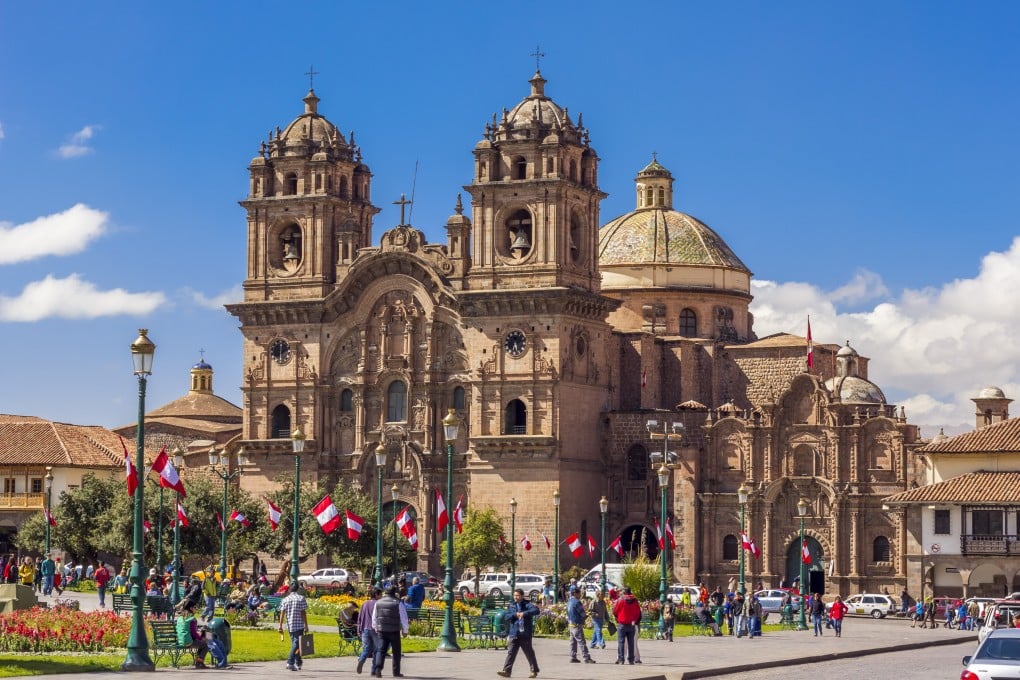Destinations known | Why ‘colonial charm’ should not be expunged from the lexicon despite the death and destruction perpetrated by colonisers that it glosses over
- ‘Colonialism isn’t something to celebrate,’ a travel writer said while making the case that people like him should stop using the term ‘colonial charm’
- Destinations Known reckons that is going too far. The term draws wealthy tourists from erstwhile coloniser countries, whose spending is a form of restitution

“Colonial charm” is a term used often in travel journalism, as shorthand signifying that a building or district has features that date back to a different era, when the land was ruled by a foreign, most likely European power. It’s a term that perhaps appeals most to wealthy Western travellers looking for a hint of something that may no longer be found at home.
Nevertheless, the term is tainted, according to a recent article on the Traveller.com.au website, headlined, “‘Colonial charm’ – the cliché that hides the ugly history of many popular cities”.
The author of the article, Ben Groundwater, begins by recalling a press trip to Peru and Bolivia: “Almost every day we would be viewing historical sites, learning about ancient civilisations such as the Moche, the Chimu, the Nazca, and of course the Inca.

“And almost all of these tours would include a similar theme. This place looked like this, the guide would say, describing something incredible, something beautiful, before adding … until the Spanish conquistadors arrived and destroyed it.”

